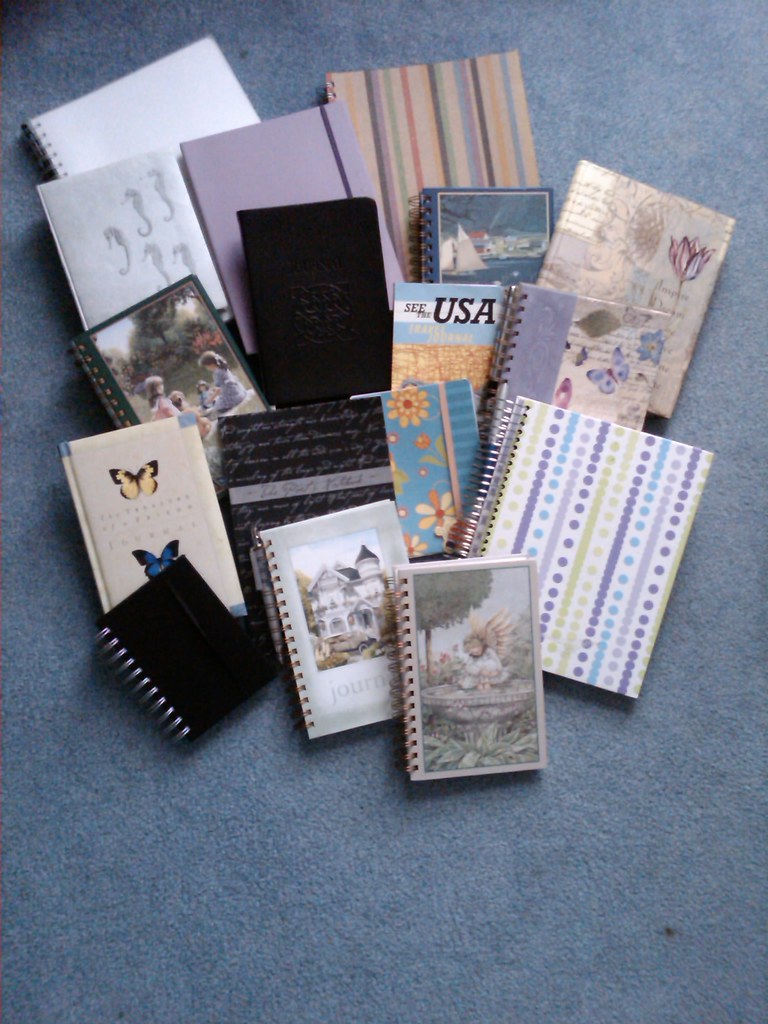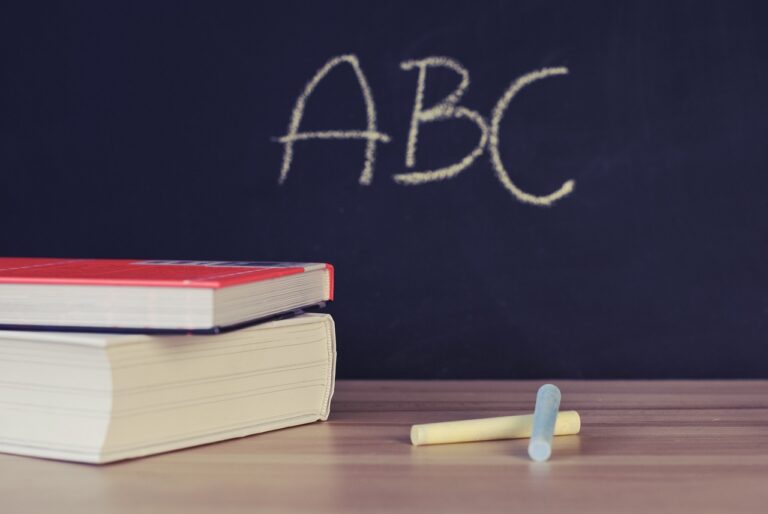The Benefits of Journaling: Teaching Reflective Writing in Creative Writing Classes
Deprecated: The PSR-0 `Requests_...` class names in the Requests library are deprecated. Switch to the PSR-4 `WpOrg\Requests\...` class names at your earliest convenience. in /home3/writesq4/public_html/wp-includes/class-requests.php on line 24
The art of teaching reflective writing in creative writing classes is a skill that holds immense value. Journaling, a time-honored tradition, provides an invaluable tool that brings an entirely new perspective to the writing process. In this realm, journaling stands out as a powerful instrument, acting as a catalyst for bolstering creativity, enhancing self-awareness, and honing writing skills.
The Power of Reflective Journaling in Enhancing Creativity
To start with, reflective journaling acts as a catalyst for creativity. When students immerse themselves in their thoughts and document their internal dialogues, they unleash a reservoir of creative insights. These reflective entries act as a bridge connecting their conscious and subconscious minds, giving rise to innovative ideas and unique narratives. It serves as an ideal platform for experimentation, facilitating a fearless exploration of ideas.
Reflective Writing: A Route to Improved Self-Awareness
A secondary, yet equally important benefit of journaling, lies in its power to foster self-awareness. Through writing about their thoughts, feelings, and experiences, students achieve an in-depth understanding of their mental landscape. This newfound self-awareness can be channeled into their writing, helping them craft characters and scenarios that ring true to life. The authenticity and relatability thus added can set their work apart in the world of creative writing.
Reflective Journaling as a Skill-Honing Tool
Reflective journaling is more than just a creative outlet—it’s a training ground for honing writing skills. Frequent journaling encourages a disciplined writing practice, instilling the habit of writing regularly. Moreover, the introspective nature of journaling helps students develop a nuanced writing style, an appreciation for detail, and the ability to weave a narrative around their experiences.
Implementing Journaling in the Classroom
Introducing reflective writing in creative writing classes requires a thoughtful approach. One useful method is to provide prompts that guide students’ reflection, leading them to ponder deeper about their experiences. For instance, a teacher might ask students to write about a time they faced a personal challenge or how a particular event influenced their perspective.
Another beneficial technique is to establish peer review sessions, where students can share and receive feedback on their journal entries. These sessions can enhance the quality of their reflective writing, promoting a culture of constructive criticism and mutual learning.

Frequently Asked Questions

Final Thoughts
The benefits of journaling, particularly in the context of creative writing classes, are multifaceted. It has the power to boost creativity, increase self-awareness, and refine writing skills. By incorporating journaling into their teaching methods, educators can unlock a wealth of potential in their students and bring about a profound shift in their creative writing capabilities.
In summary, reflective journaling in creative writing classes is more than just a teaching strategy—it’s a pathway to personal growth and creative enhancement. It provides students the space to experiment, to understand themselves better, and to refine their writing skills. It’s a tool that nurtures creativity and introspection, empowering students to transform their personal experiences into compelling narratives.








